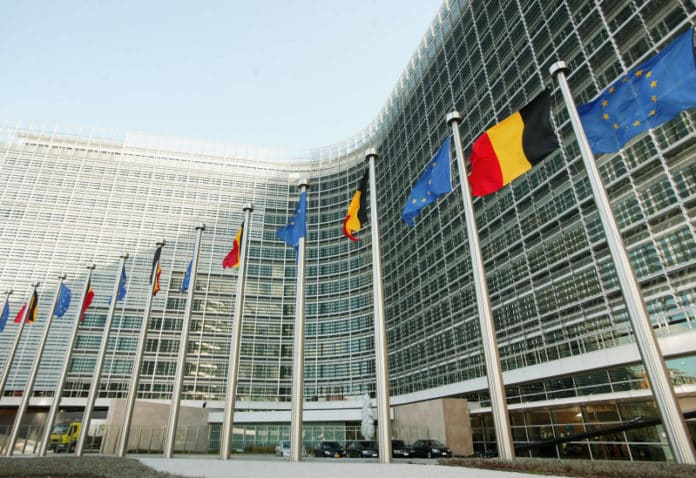
The EU should receive sweeping extra powers to stave off an unfair competitive threat from state-supported companies in China and elsewhere, the Dutch government has said in a further sign of rising intent in Europe to defend the region’s economic interests. In a position the Netherlands has called for an overhaul of European competition law that would allow Brussels to intervene if it found that state-backed businesses were distorting markets. Under the proposals, the European Commission could stop such companies buying EU competitors at inflated valuations or undercutting them with artificially low selling prices. Brussels would also be able to demand greater transparency in foreign companies’ accounts.
The revamp would be aimed at groups owned or supported by non-EU governments, to address concerns that their financial muscle gives them an unfair advantage over EU rivals inside the single market. The Hague is discussing its ideas privately with officials in Brussels and national capitals. The proposals come as Ursula von der Leyen, the new commission president, has been vowing to turn the EU into a stronger “geopolitical” actor capable of asserting its common interests “We want to give the European Commission extra competition tools to enforce a level playing field,” said Mona Keijzer, the Dutch state secretary of economic affairs. Companies, regardless of their home base, are welcome to do business here. All we are saying that if you want to enter our arena, you have to play by the rules we set Mona Keijzer, Dutch state secretary of economic affairs “Companies, regardless of their home base, are welcome to do business here. All we are saying that if you want to enter our arena, you have to play by the rules we set to ensure fair competition.”
Any overhaul would mark a radical attempt to level the playing field after years in which companies have complained about the favours done by Beijing and other governments to their preferred businesses. In a strategy paper on China this year Brussels vowed to examine gaps in its arsenal that make it difficult to deal with the “distortive” effect of foreign state ownership and financing of companies operating in Europe.
“Economic operators with (discriminatory) aid benefits and unregulated market power should be subject to stricter supervision, in order to prevent potentially disruptive behaviour,” the Dutch paper argues. The Dutch insist their ideas are not an attempt to close down the single market to foreign investment or new entrants, nor to outlaw state-controlled businesses — but rather a way to ensure that rules on government support for European companies apply equally to overseas firms operating in the EU. The suggestions have not yet been taken up more widely and are a contribution to a broader debate in Europe on whether to beef up rules in the realm of competition, trade, foreign investment or public procurement. Under the Dutch proposals, the EU would introduce a sixth branch to EU competition law. This would allow authorities to act if a company from anywhere in the world were to distort or threaten competition in the internal market because of support from its home government.
The commission could act following a complaint from a rival firm or on its own impetus. Companies would be able to seek guidance as to whether they were likely to run into trouble when operating in Europe. The powers would enable the commission to conduct investigations into a company’s conduct if it thought the firm is engaging in “distortionary” behaviour thanks to government subsidies, or because it is making excessive profits thanks to a dominant market position in its own country.
The commission could respond by forcing the foreign firm to be more transparent in its book-keeping, or by prohibiting certain behaviour — such as charging artificially low prices in the EU or pursuing takeovers that are not genuinely profitable. Last month Thierry Breton, the new commissioner for the internal market at the EU, addressed the issue of state-owned companies from China becoming active in Europe.
“We also need to put in place a strong industrial policy devoid of any naivety towards our international competitors. This includes actions to address the distortive effects of foreign subsidies in the internal market, as foreseen in the EU-China strategy,” Mr Breton said.


















